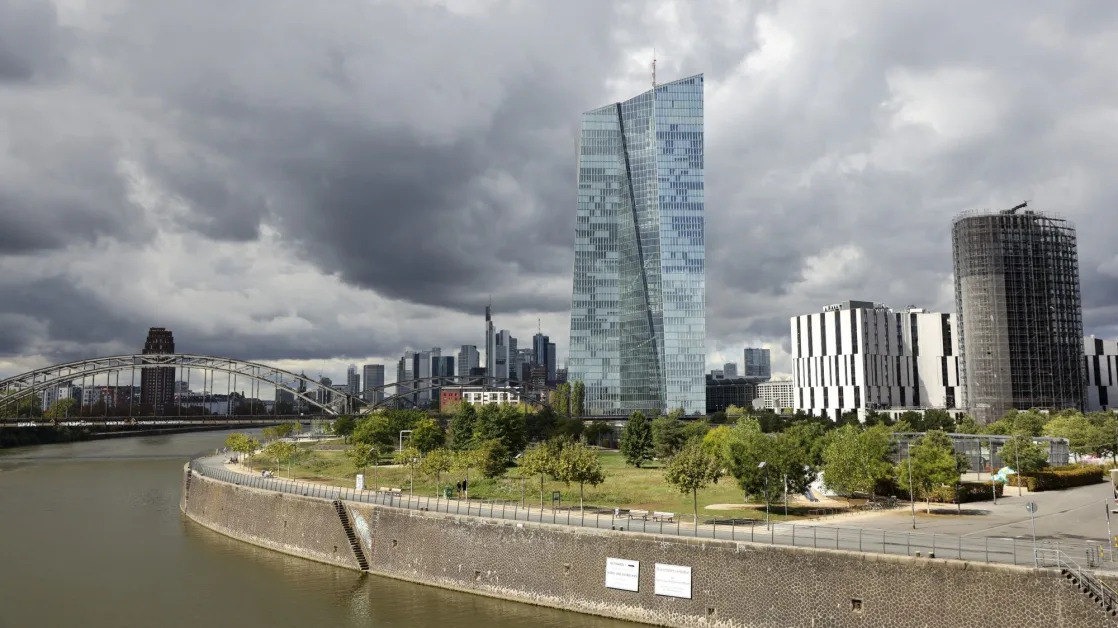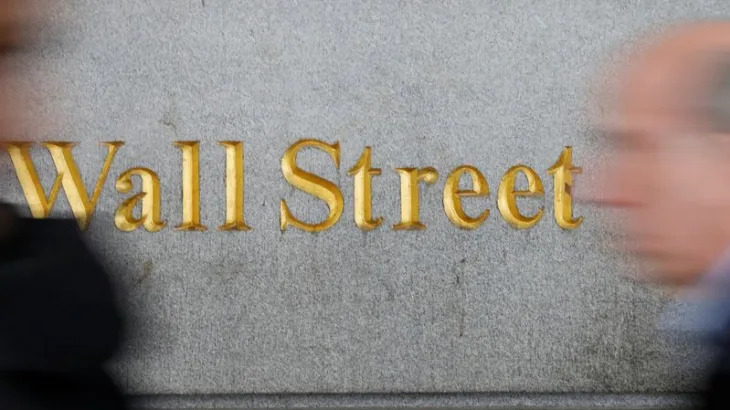Turkey’s annual inflation rate dropped to 38.1% in March, down from February’s 39.1%, according to the Turkish Statistical Institute.
This was below analyst estimates of 38.9%, while also marking the 10th consecutive month of falling inflation. It was also the lowest number since December 2021.
Prices rose at a slower pace across a number of categories, such as footwear and clothing, which came in at 14.8% in March, down from 20.8% in the previous month.
Transport inflation dropped to 21.6% in March, down from 23.4% in February.
Household equipment and furnishings inflation slid marginally to 32.4% in March, down from 33.6% in the previous month.
Similarly, health inflation dropped to 42% in March, from 43% in February, while cafe, hotels and restaurant inflation came down from 45.9% in February to 43.4% in March. Recreation and culture price rises also eased.
However, non-alcoholic beverage and food inflation advanced slightly to 37.1% in March, up from 35.1% in February.
Month-on-month Turkish inflation rose 2.5% in March, up from 2.3% in February.
Could Turkey’s falling inflation encourage more rate cuts?
Although Turkey’s inflation rate has been on a downward trajectory for the last 10 months, it is still considerably higher than most other countries. However, the Central Bank of the Republic of Turkey has already started slashing interest rates, having decreased its key rate by 250 basis points to 42.5% in early March.
The country still has considerable upside risks to inflation, including the recently announced US 10% baseline tariff. With Turkish inflation already significantly high, the central bank will be carefully considering any upcoming decision which could push it higher.
Related
Previously, when dealing with soaring inflation, the central bank cut interest rates, an approach supported by President Recep Tayyip Erdoğan, which was completely at odds with strategies taken in other major economies.
However, when this pulled the lira down and pushed inflation up, the central bank changed tack and started hiking interest rates.
EBRD warns Turkey against loosening monetary policy too fast
The European Bank for Reconstruction and Development (EBRD) estimated in its February Regional Economic Prospects report that Turkey’s economy would grow by 3% this year. This echoed its forecast given in September last year.
The bank also expects Turkey’s gross domestic product (GDP) to hit 3.5% next year.
However, the EBRD warned that geopolitical uncertainties and sticky inflation still continue to present downside risks to the Turkish economy. It also warned against rapid monetary policy loosening.
“For Türkiye, the report indicates that tighter monetary and fiscal policies have led to a significant reduction in inflation and improvements in the country’s external position, with net exports rising and the current account deficit declining steadily," the EBRD said.
“However, the report warns against premature loosening of policy measures, with continued high inflation, geopolitical uncertainties and the impact of the real appreciation of the Turkish lira on export competitiveness all posing downside risks to the economy.”
The country’s economic outlook is also vulnerable to global financing conditions, mainly because of its high short-term external financing needs.
Turkey's economic outlook is also clouded by political turmoil following the arrest of Istanbul mayor Ekrem Imamoglu, the opponent of President Tayyip Erdogan, last month.
The detention sparked mass protests and critics of Erdogan are now calling for a mass commercial boycott, encouraging citizens to forgo goods and services from firms perceived as close to the president.





